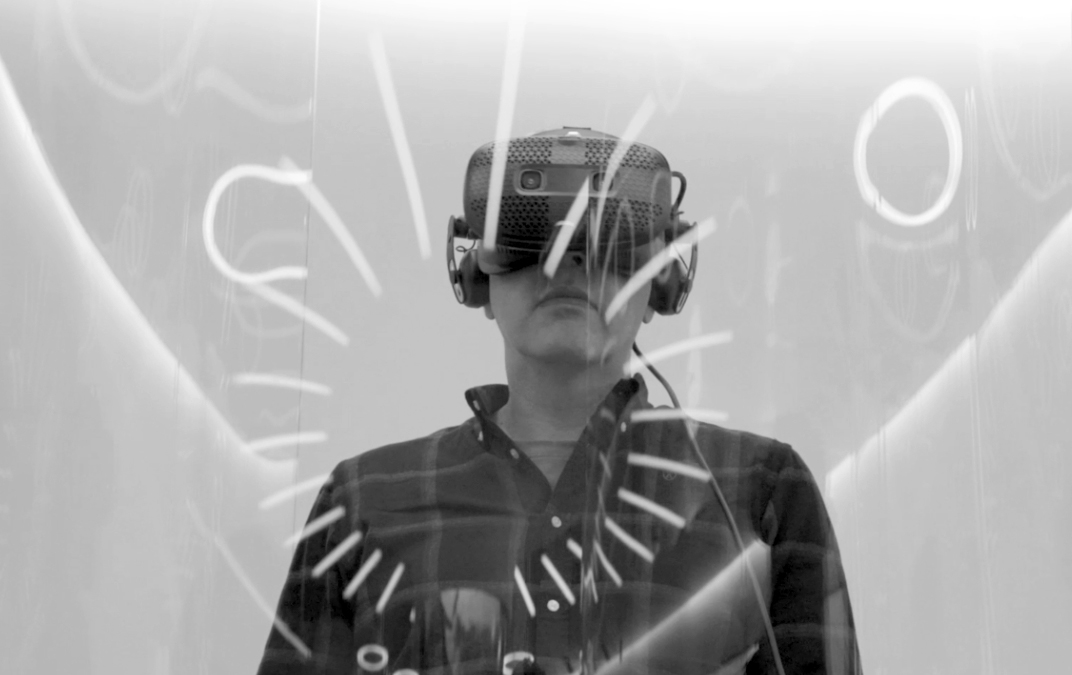When "Ratatouille" and "Parasites" coincide
- Date
- Written by admin
By Rodrigo García, Darwin & Verne content department
Never before has food attracted so much attention and interest from the media, consumers and social media users. Something so necessary, everyday and sometimes undervalued in consumers' daily lives became the subject of newspaper headlines, news broadcasts and rankings of searches and mentions on social media. All this was caused by one of the greatest health, political, economic and social crises in recent history: COVID-19.
An initial impulse led citizens to stock up excessively, based on the premise that they did not know exactly how long this unprecedented lockdown would last. Supermarket and hypermarket shelves were emptied of very specific categories of products, which came as a surprise to many. Food and beverage brands responded to the onset of this crisis with completely revamped communication plans and a desire to appear closer to their actual and potential customers. It was clear that COVID-19 was going to have a significant impact on their bottom lines, but they could not pass up the opportunity to use other types of strategies to enter consumers' homes and minds.
The dilemma soon became a hot topic at meetings held by the marketing departments of companies and the agencies that work with them. How can we provide security and confidence to consumers who are frightened by the severity of an unprecedented health crisis? What strategy allows us to be useful, entertaining and approachable without coming across as opportunistic?
We are no longer in that initial phase. We can look back and analyse successes, mistakes, false assumptions and real trends. Here are four lessons that remind us, in a way, of great films from the history of cinema that many of you will have enjoyed over the last few weeks:
The countryside is closer than we think “The Straight Story” (David Lynch, 1999)
Five months ago, the primary sector of our economy (agriculture, livestock and fishing) was in a critical situation: falling prices, widespread protests, uncertainty over possible cuts to the Common Agricultural Policy (CAP), and a lack of public services in rural Spain. The COVID-19 crisis has revealed a reality that was invisible to many: the primary sector has cushioned society's potential panic over shortages of basic products. Consumers have appreciated the work of farmers, livestock breeders and fishermen more than ever. This point has become the main focus of communication messages and advertising campaigns by numerous companies in the sector. The rural world, agri-food companies and advertising agencies are, once and for all, walking the same path.
The home, a setting for experiences (Parasite, Bong Joon Ho, 2019)
Consumer brands have always considered the home to be the most suitable setting for their products, but they lacked that touch of originality, exclusivity and a real ability to create lasting memories. The COVID-19 crisis has awakened them from their slumber and forced them to be more creative in their messaging, something that has also been driven by food brands in the gourmet or premium segment. What we used to experience in bars and restaurants, we now want to experience at home. This is not a temporary phenomenon. It is here to stay. We will soon return to terraces, restaurants and bars, but without neglecting our homes. We will share experiences and divide scenarios.
A new era in the hospitality industry (Ratatouille, Brad Bird, 2007)
This crisis will have negative consequences for the hospitality sector, but it is undoubtedly also an opportunity for those who are committed to quality and food safety to stand out. Customers will never be the same again. They will become, almost unwittingly, much more demanding consumers, sparking competition to win them over. Those who strive to attract and retain their attention will be the winners.
The big moment for e-commerce (The Social Network, David Fincher, 2010)
Two recent reports from major consulting firms such as Deloitte and KPMG highlight the unstoppable rise of e-commerce in the food sector in our country during the COVID-19 crisis. This marks a real turning point: consumers have finally overcome certain barriers to trusting the comfort and convenience of purchasing basic and gourmet products online. Buying books, electronics, fashion or sports equipment online was already common practice. Faced with the fear of contagion in supermarkets and the impossibility of going shopping at any time, users have been won over by the benefits of buying food and drink online. Brands now have a golden opportunity to diversify their channels and build loyalty. Will they be able to take advantage of it?
Article written by Rodrigo García, content by Darwin & Verne, para la Newsletter de Best Awards.

